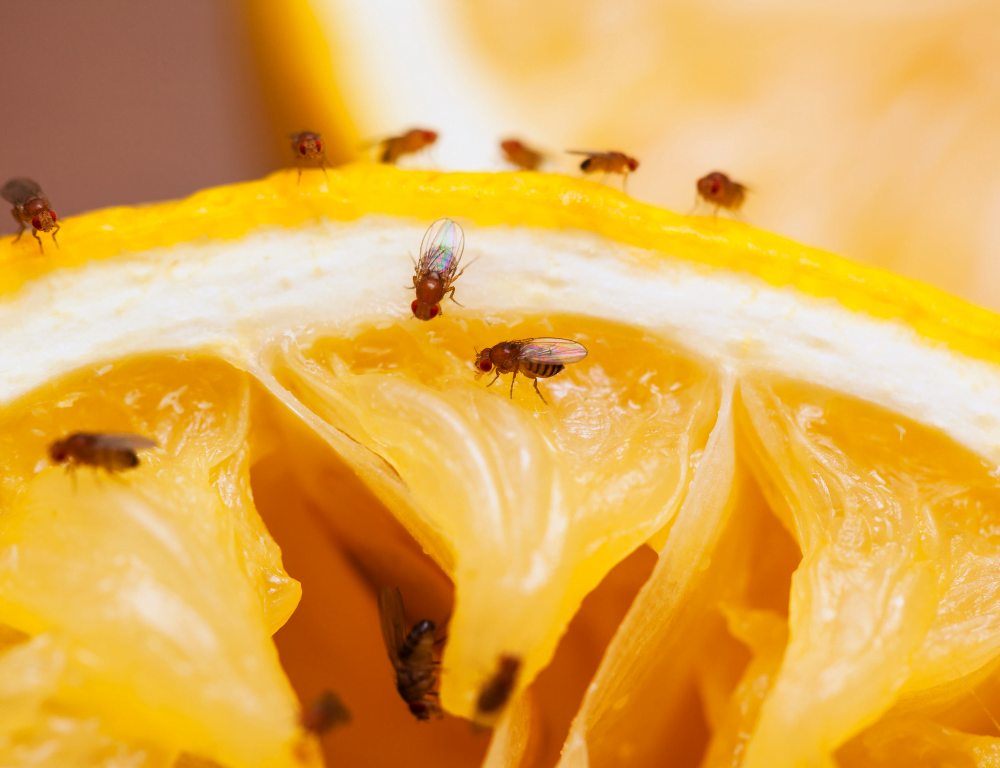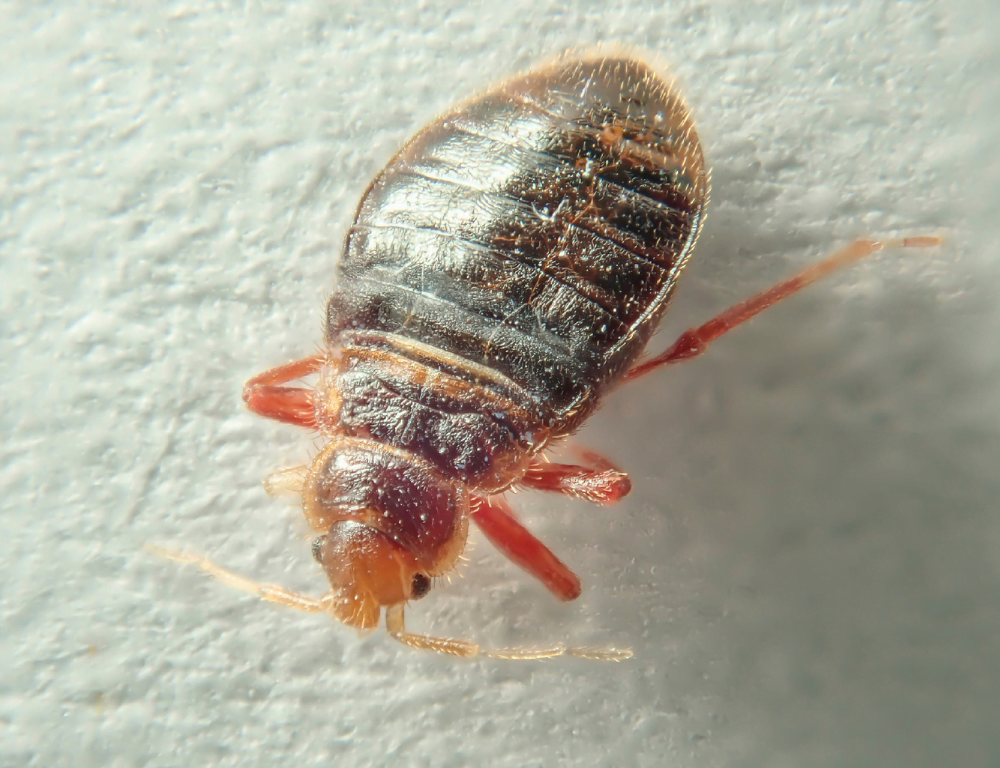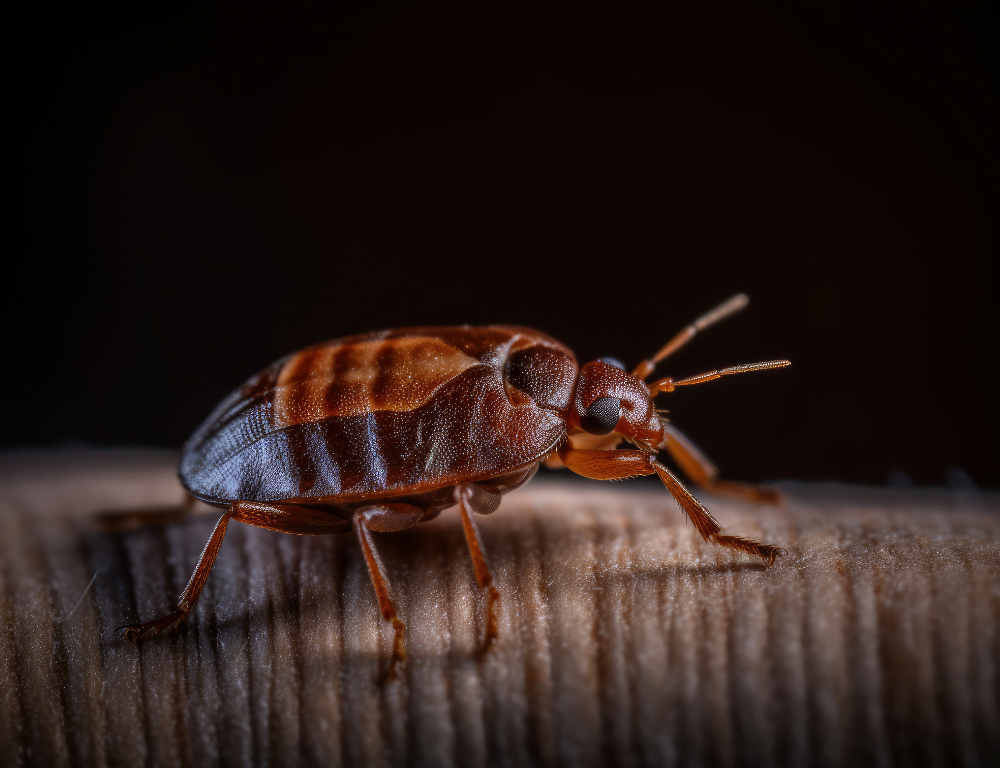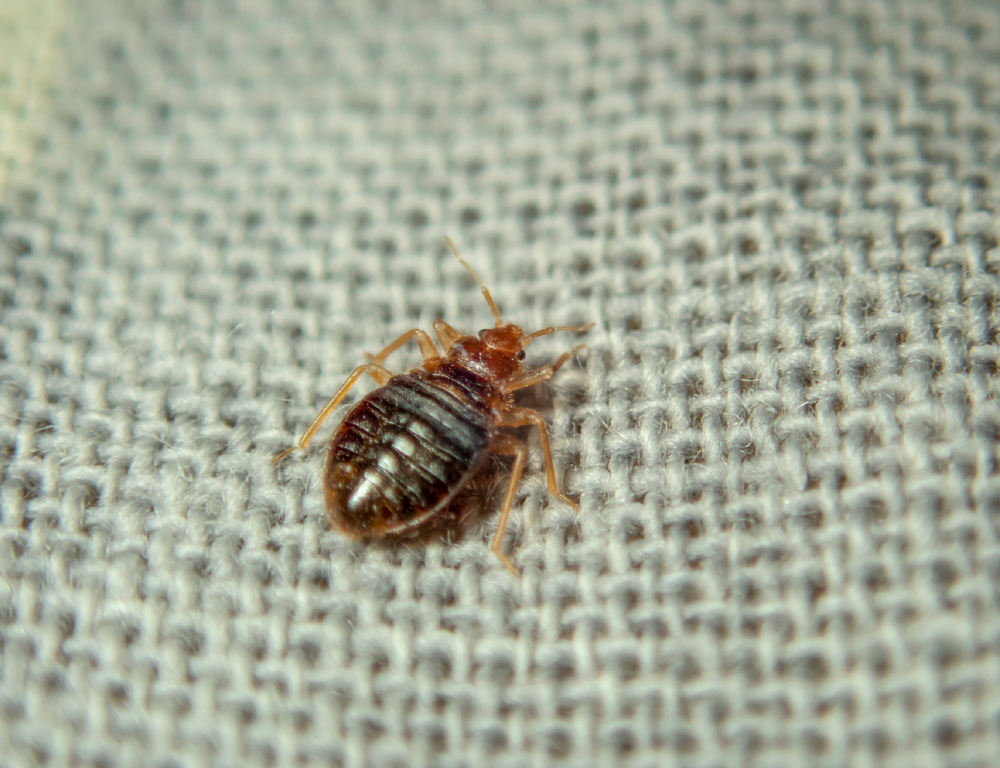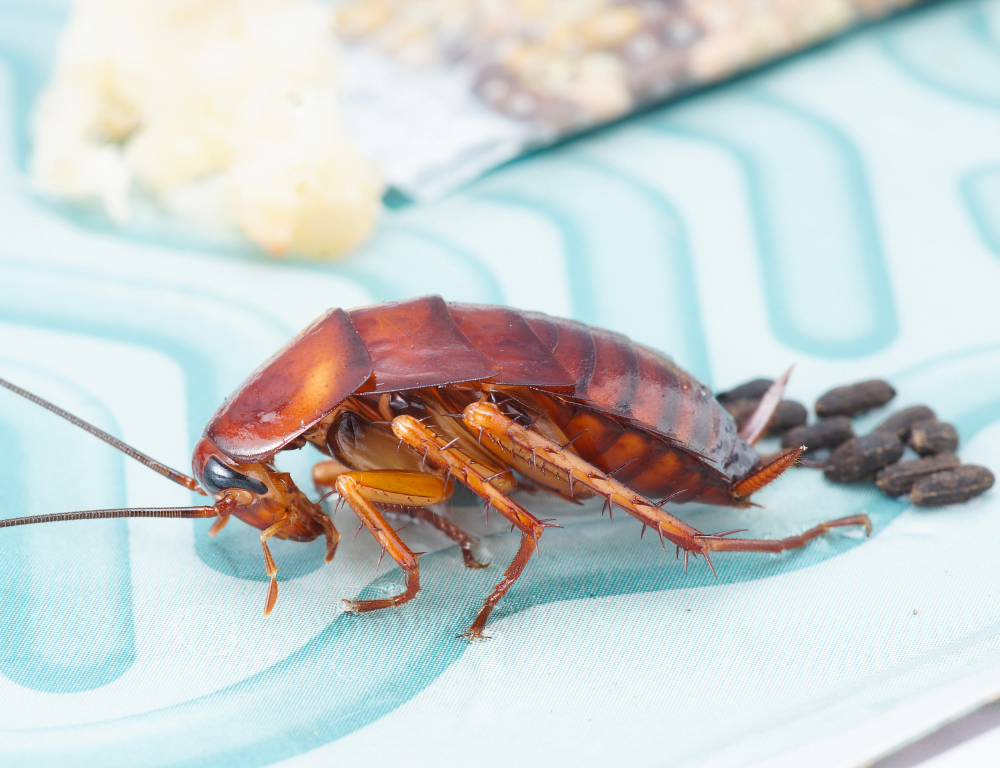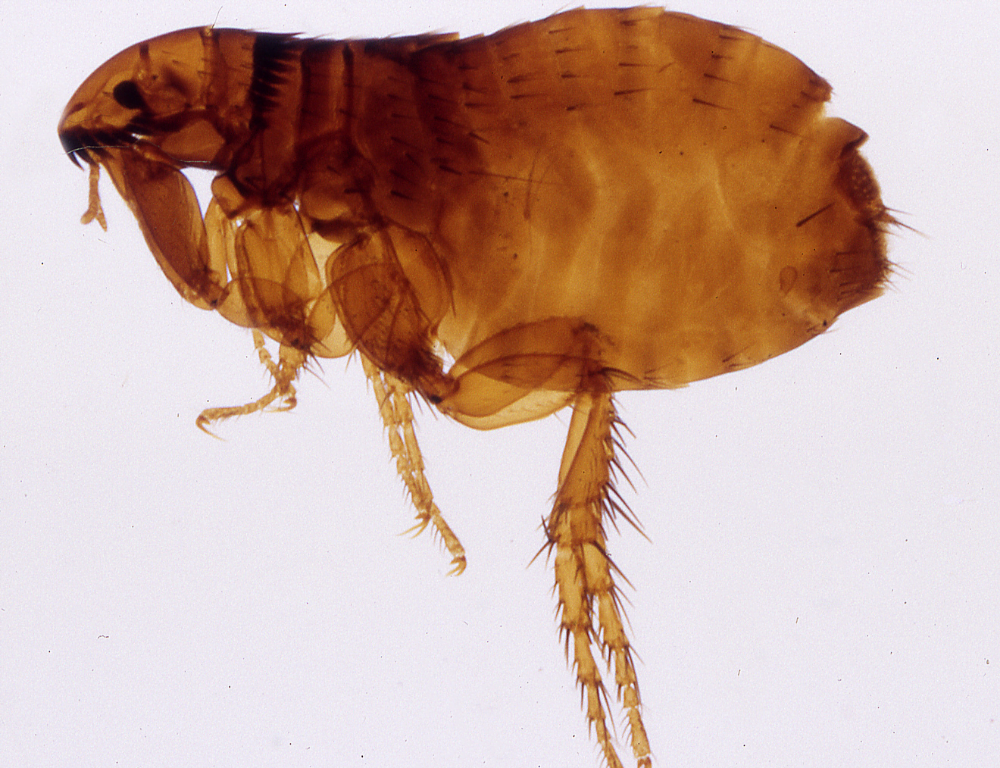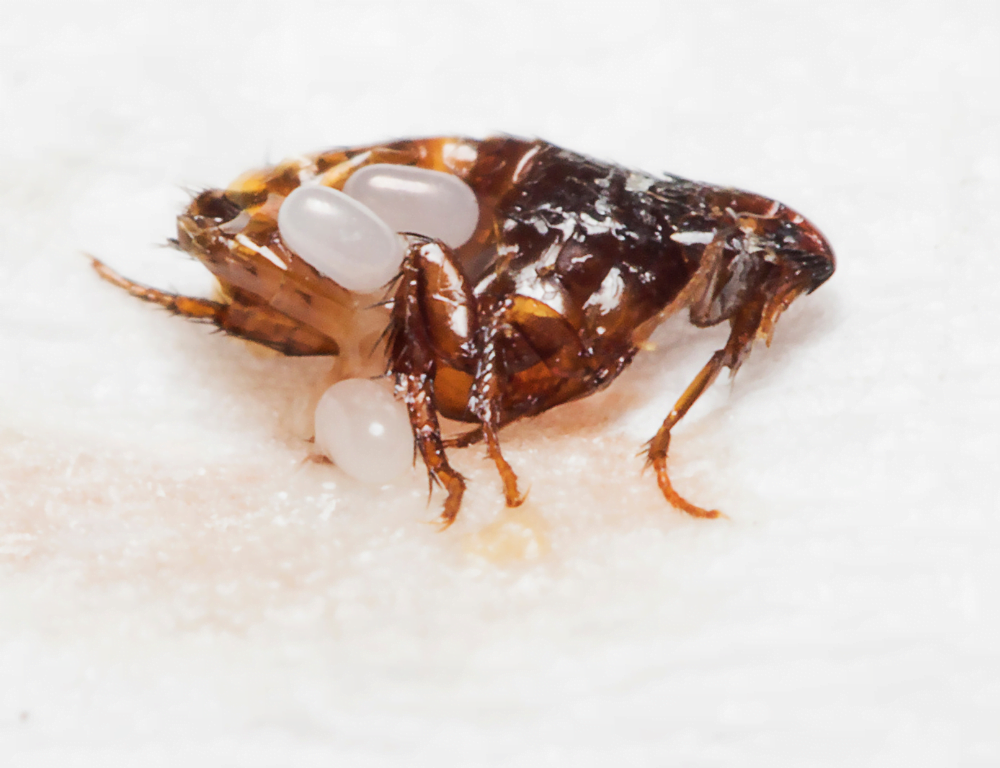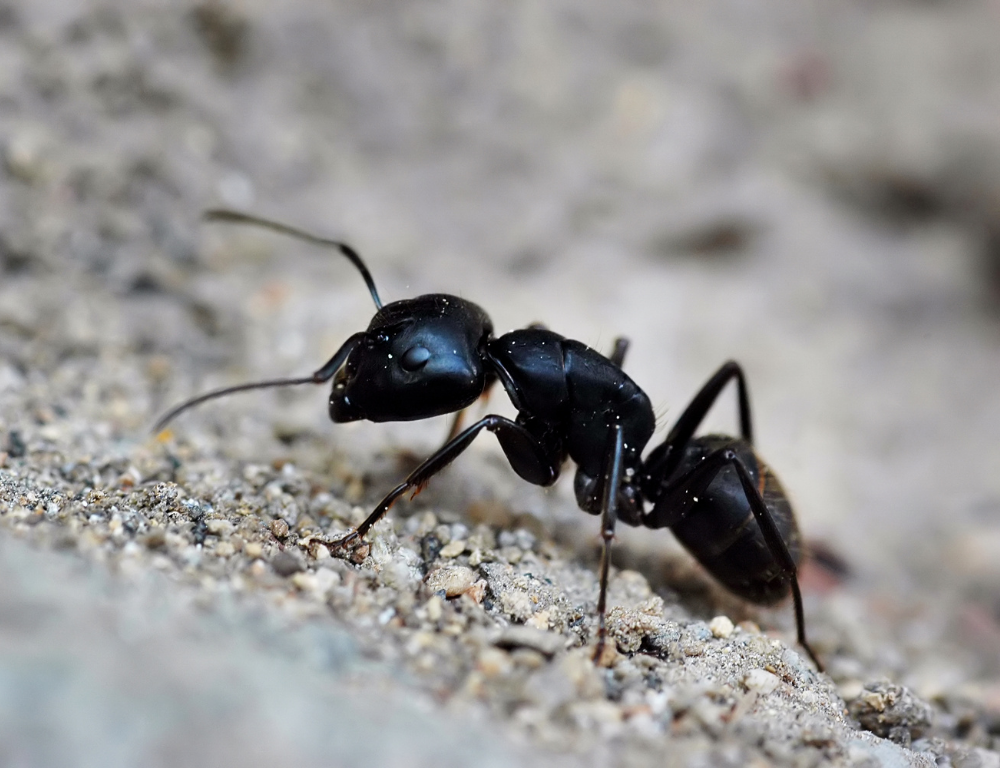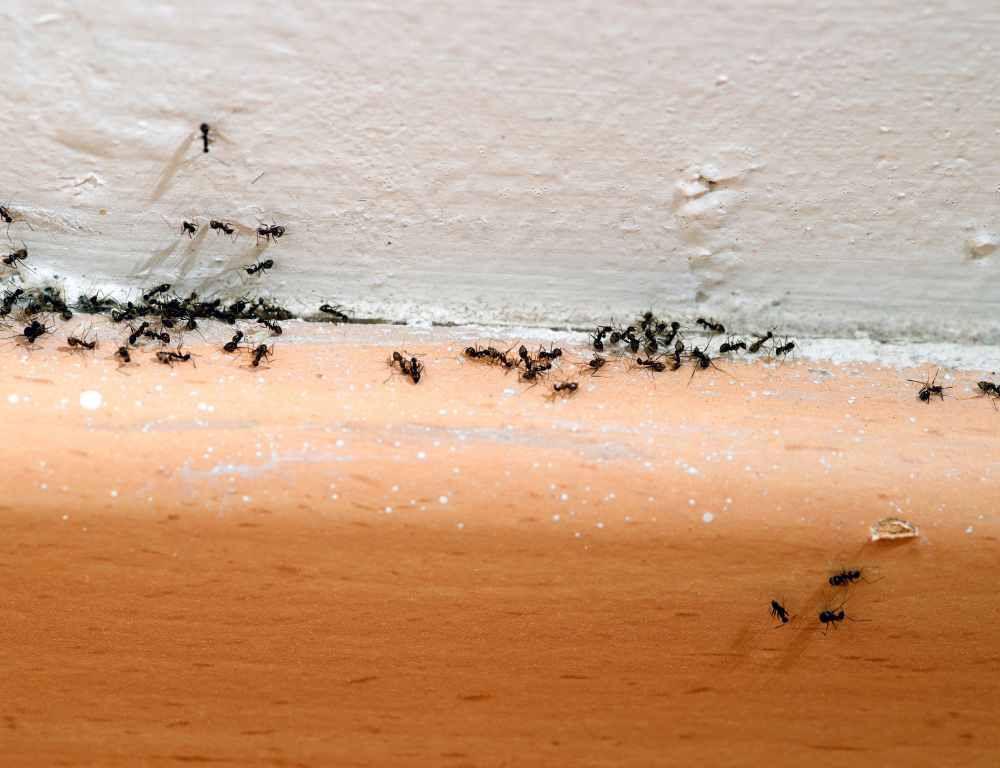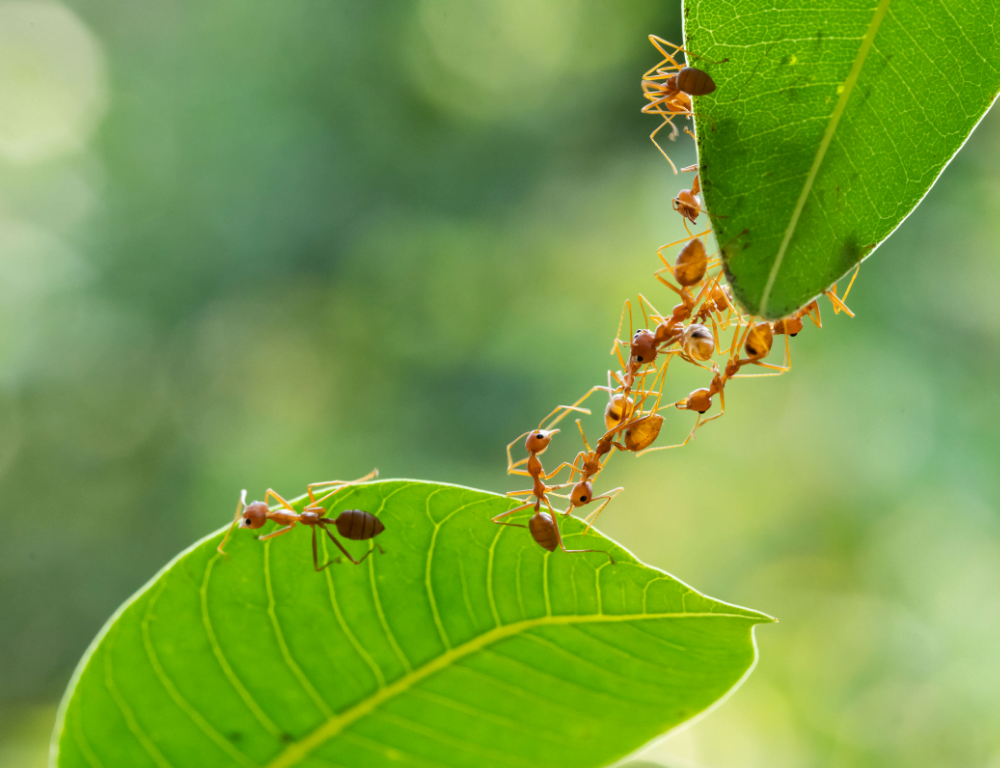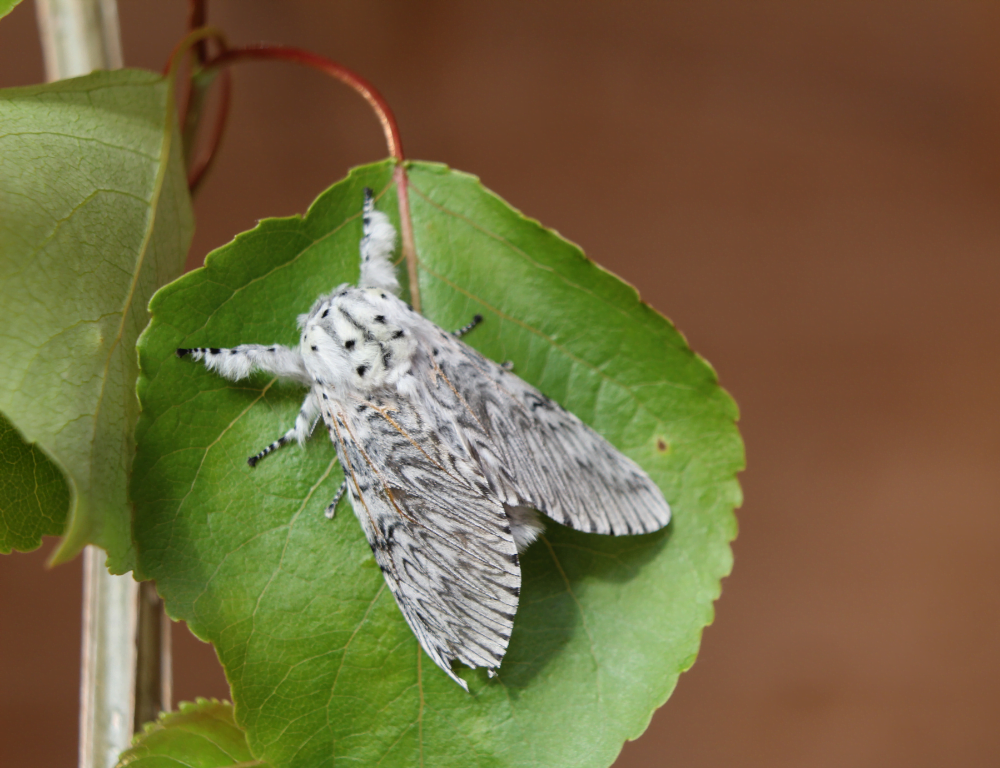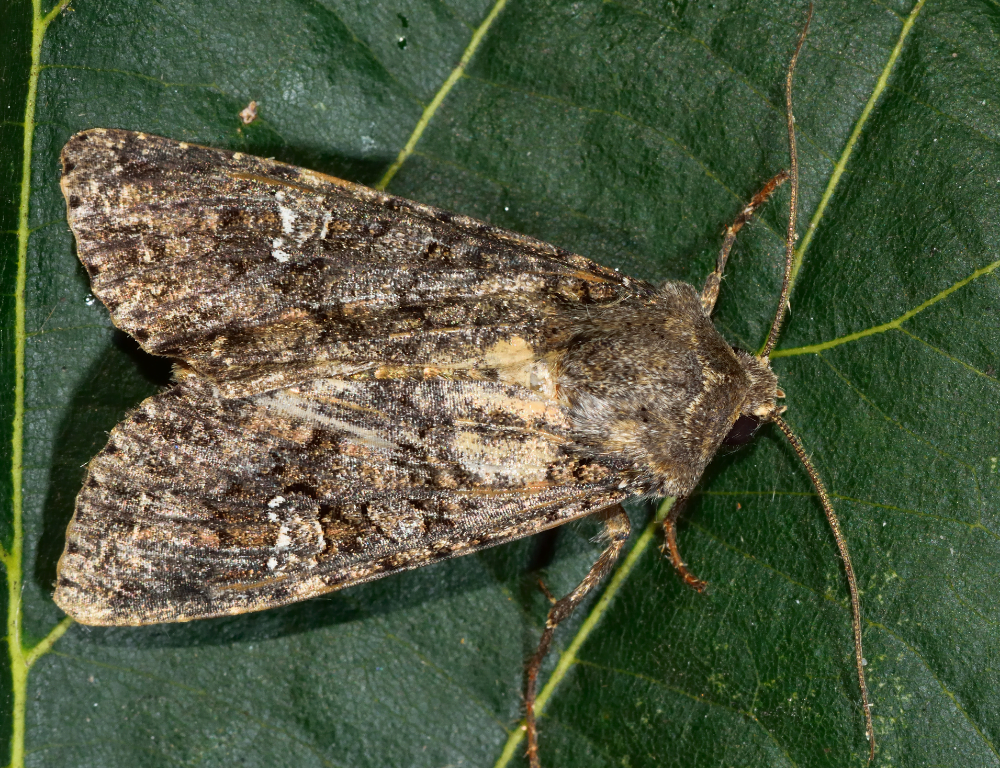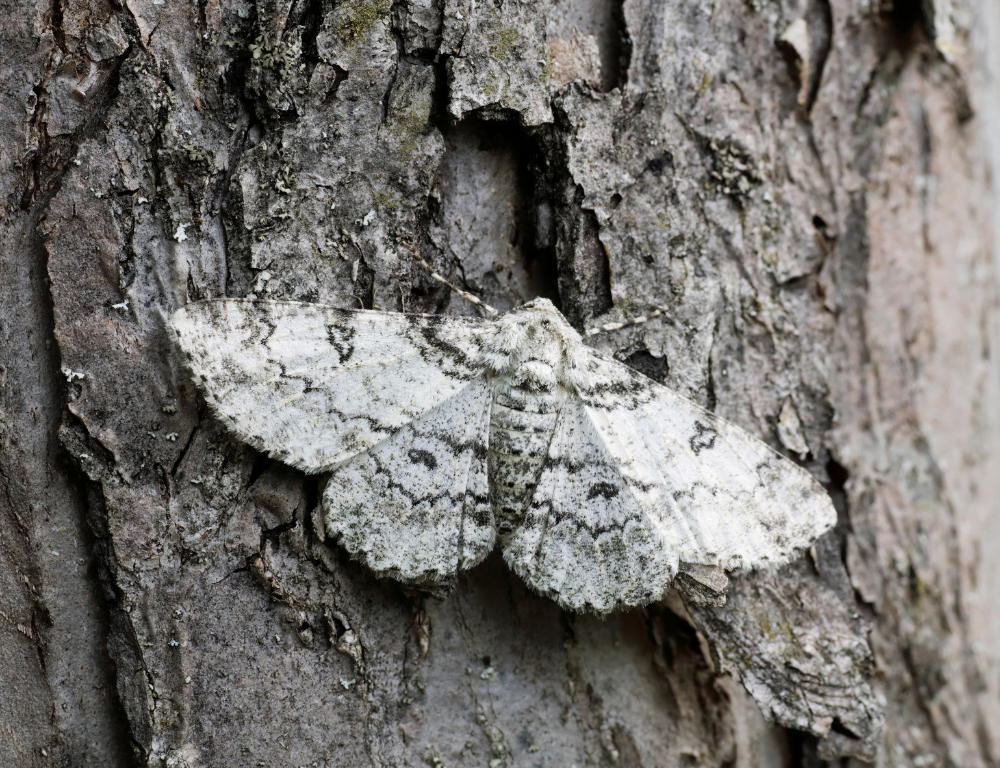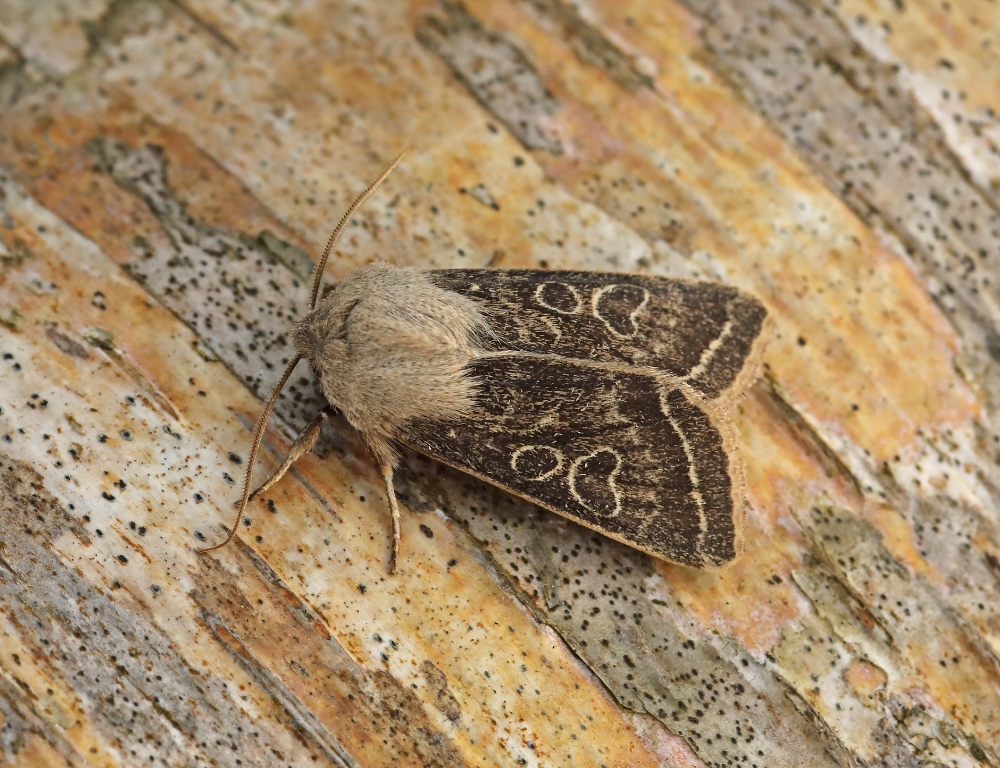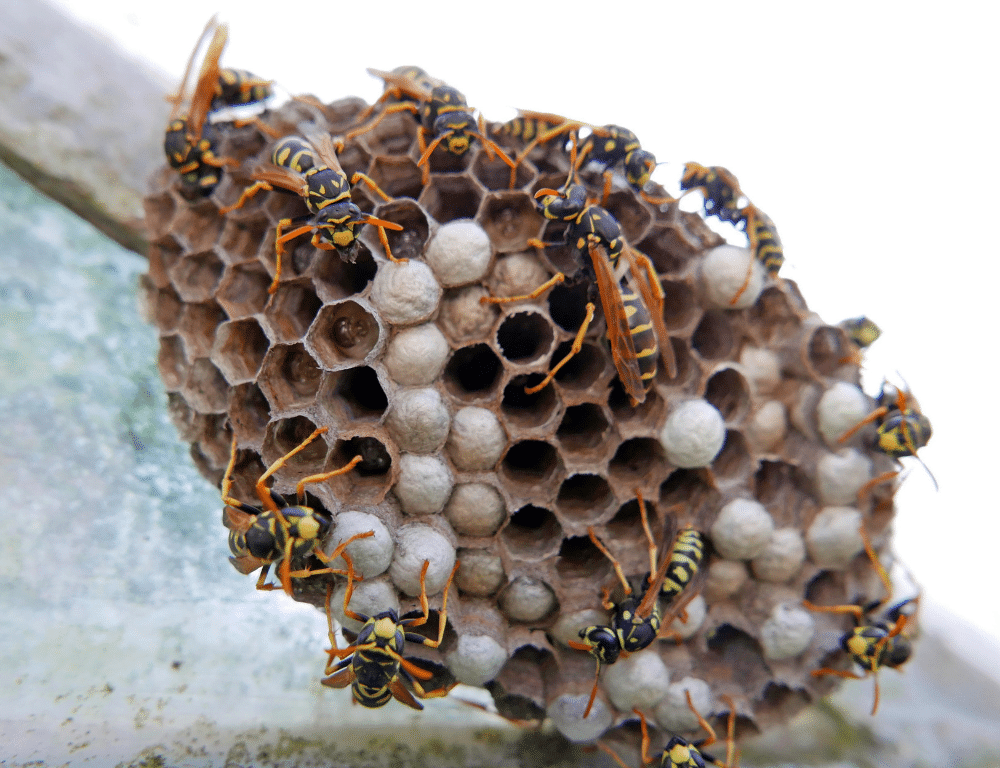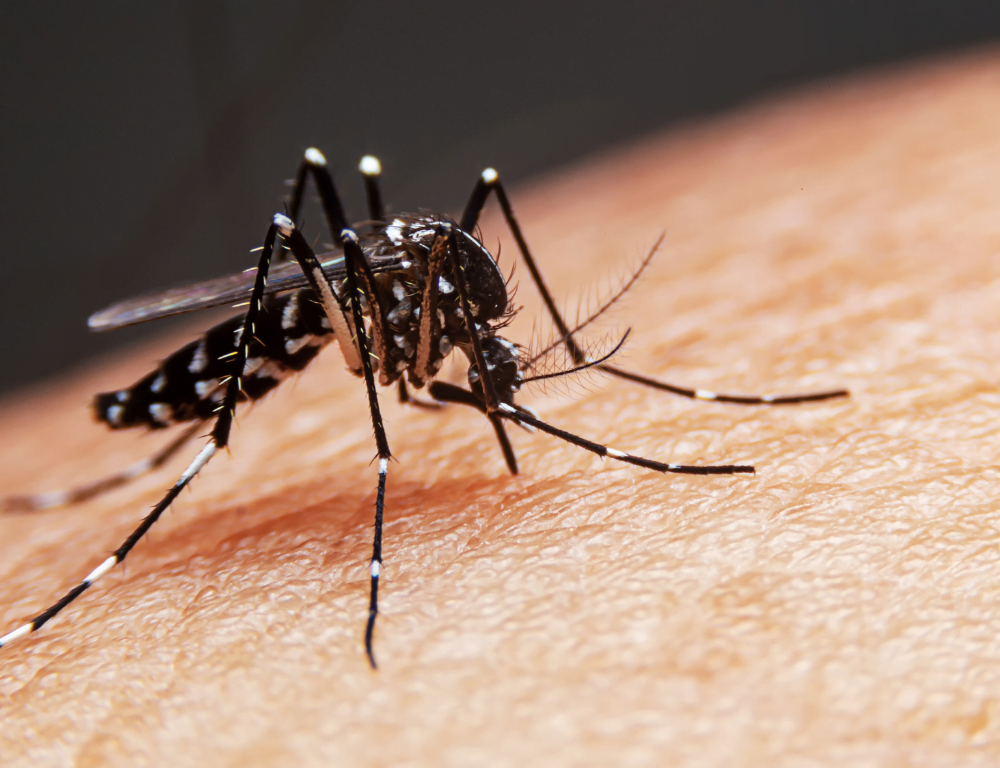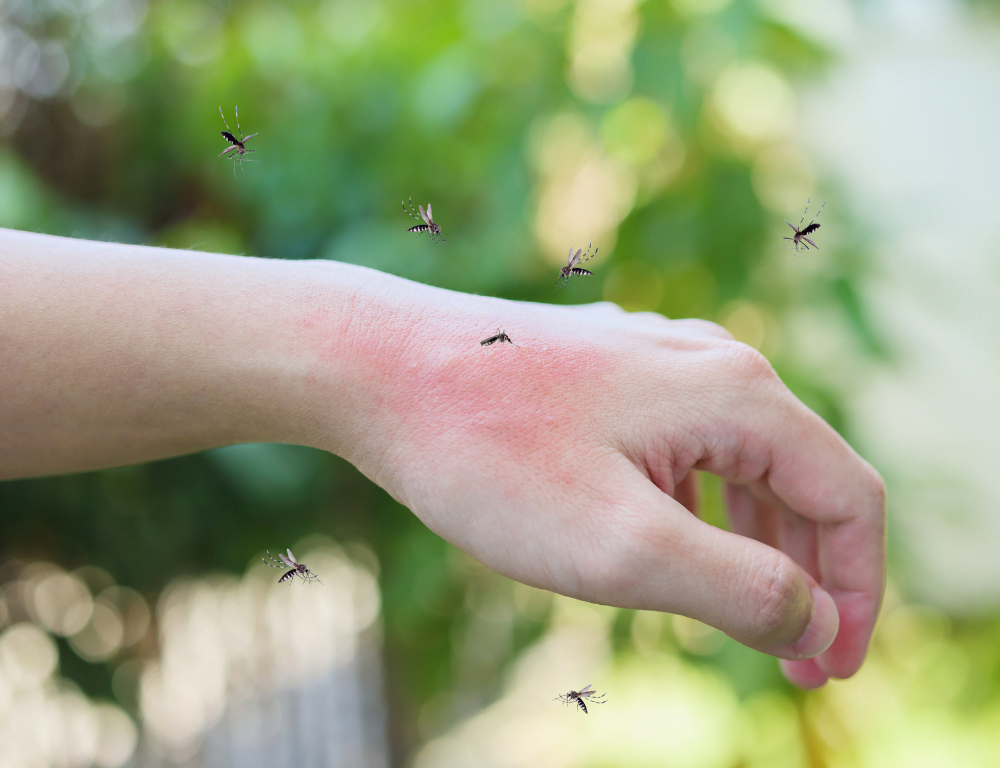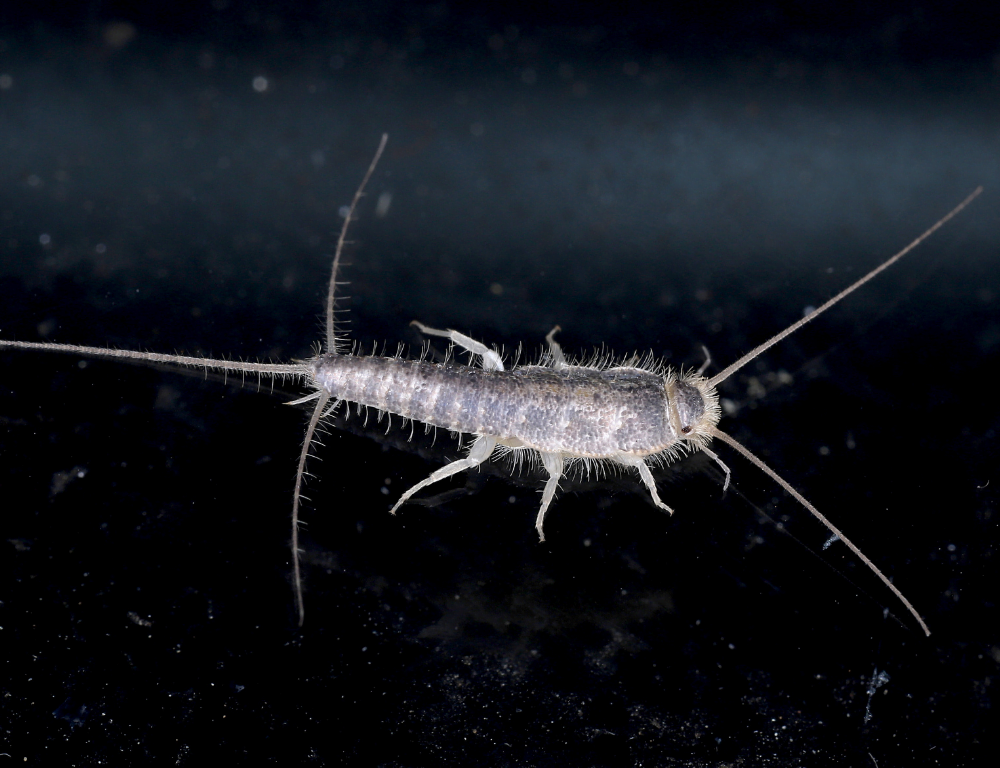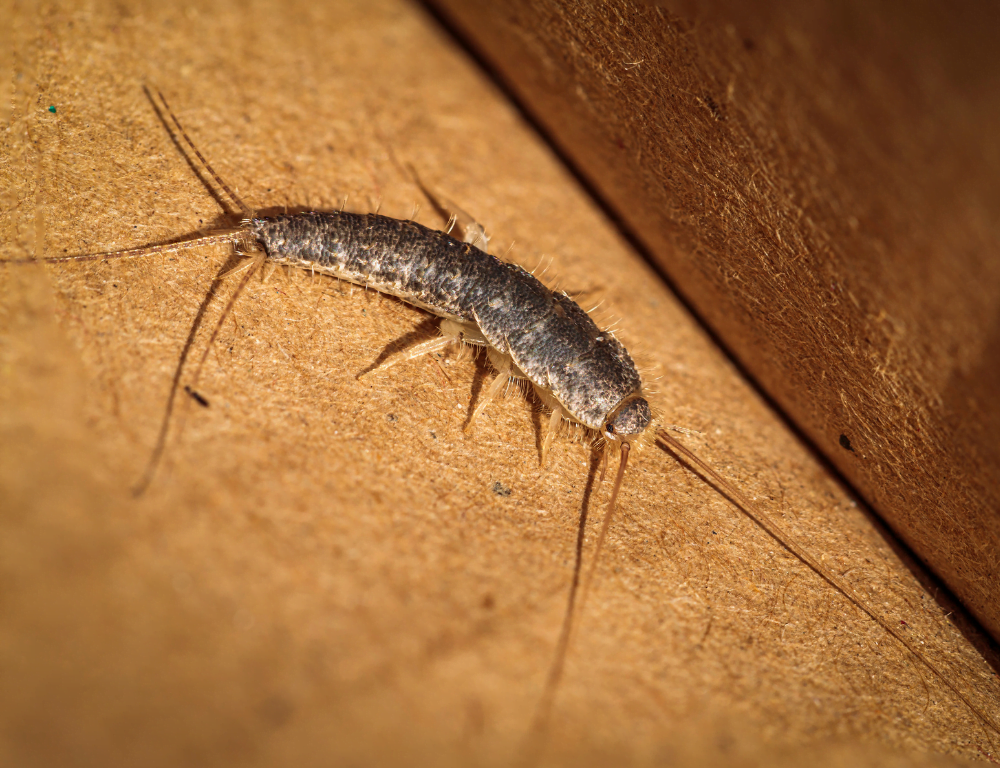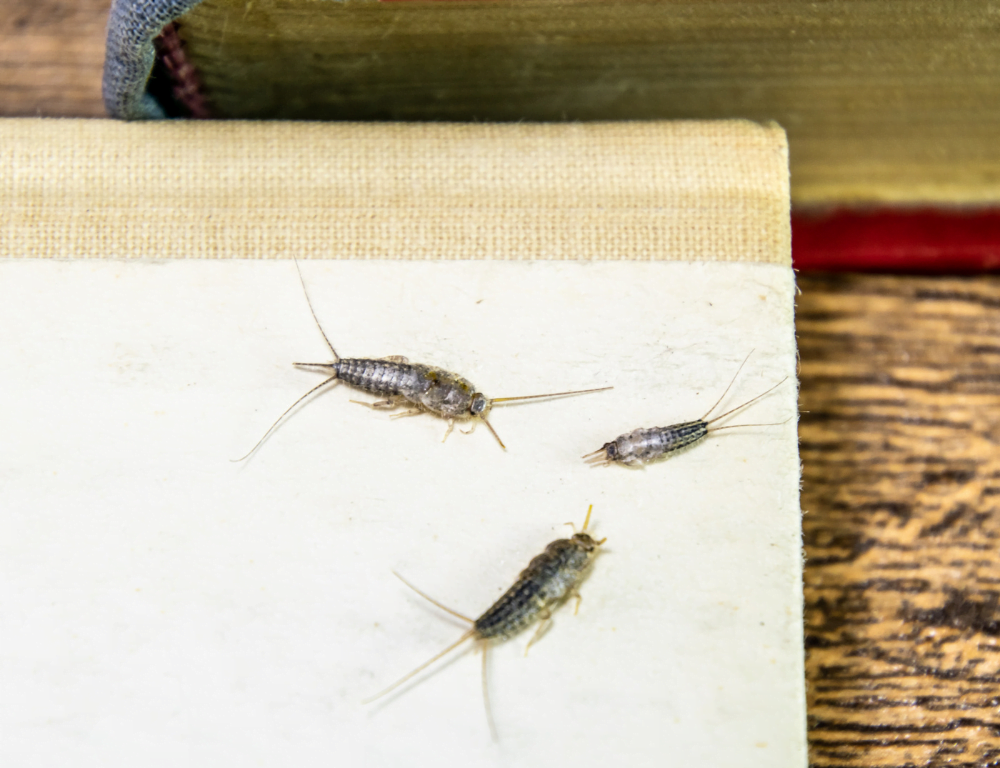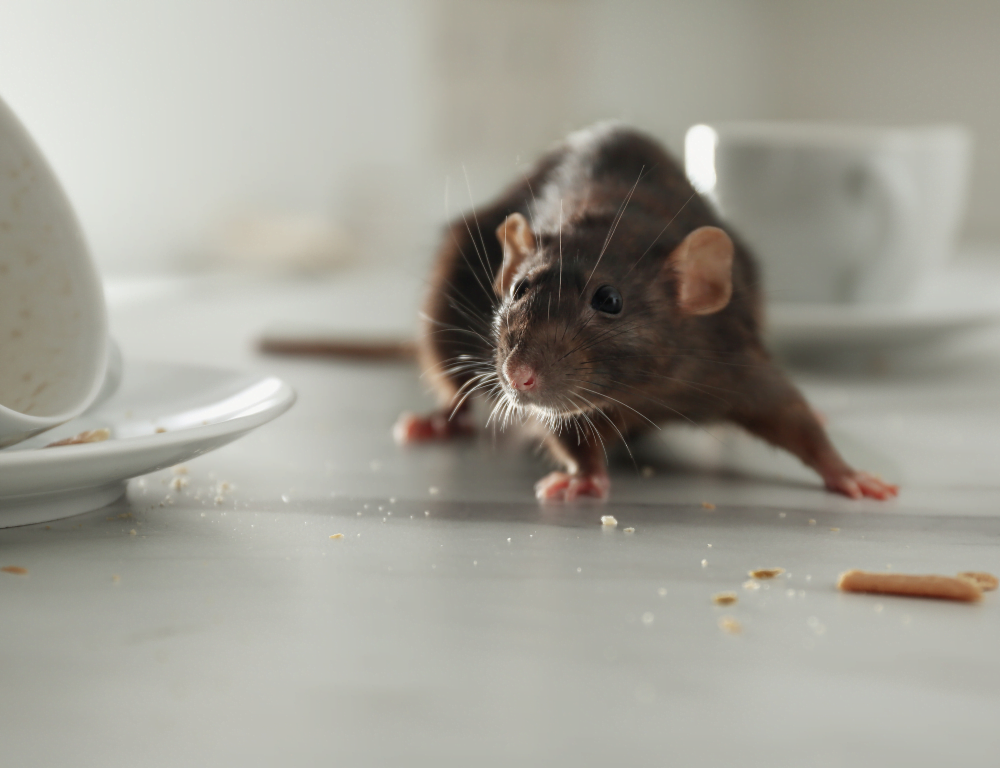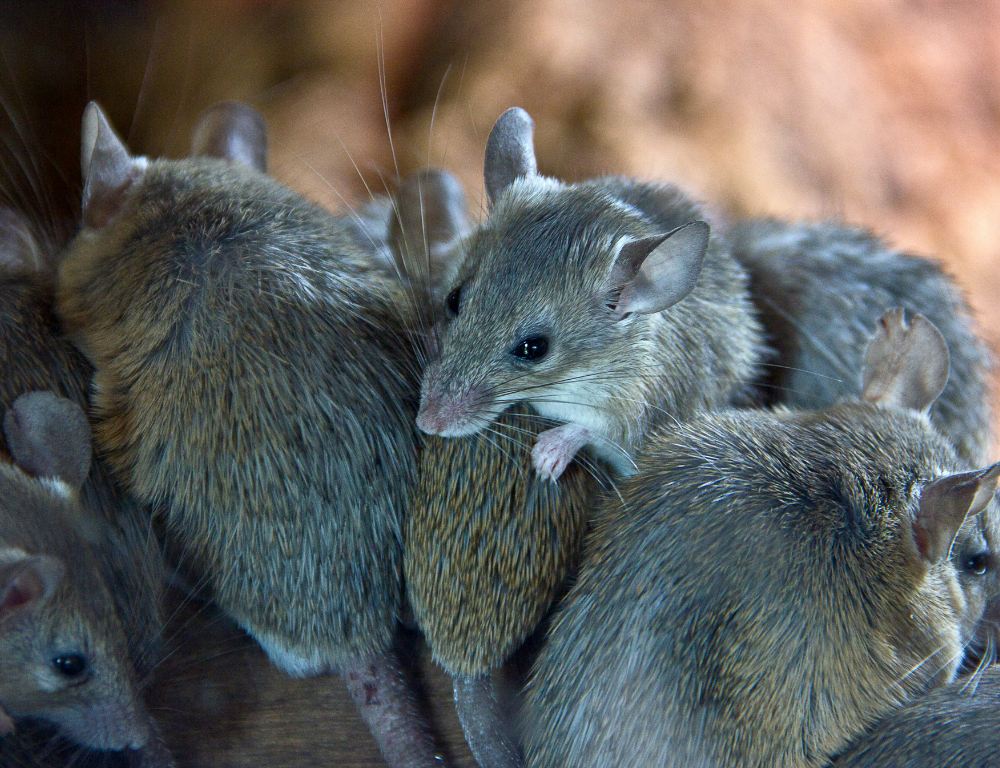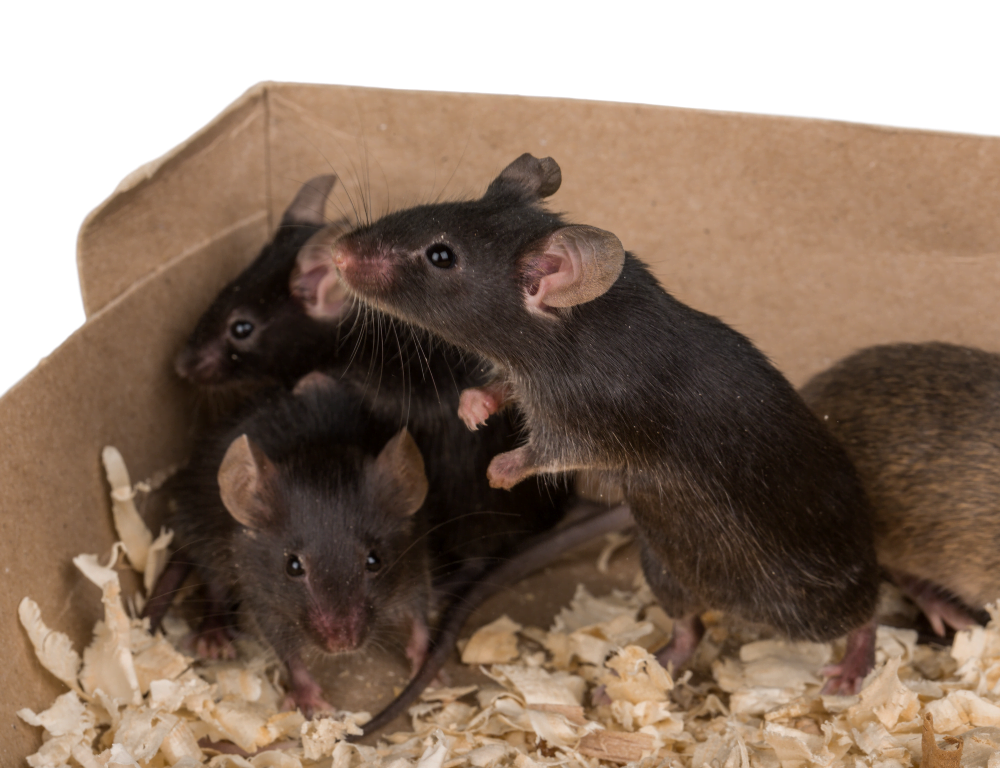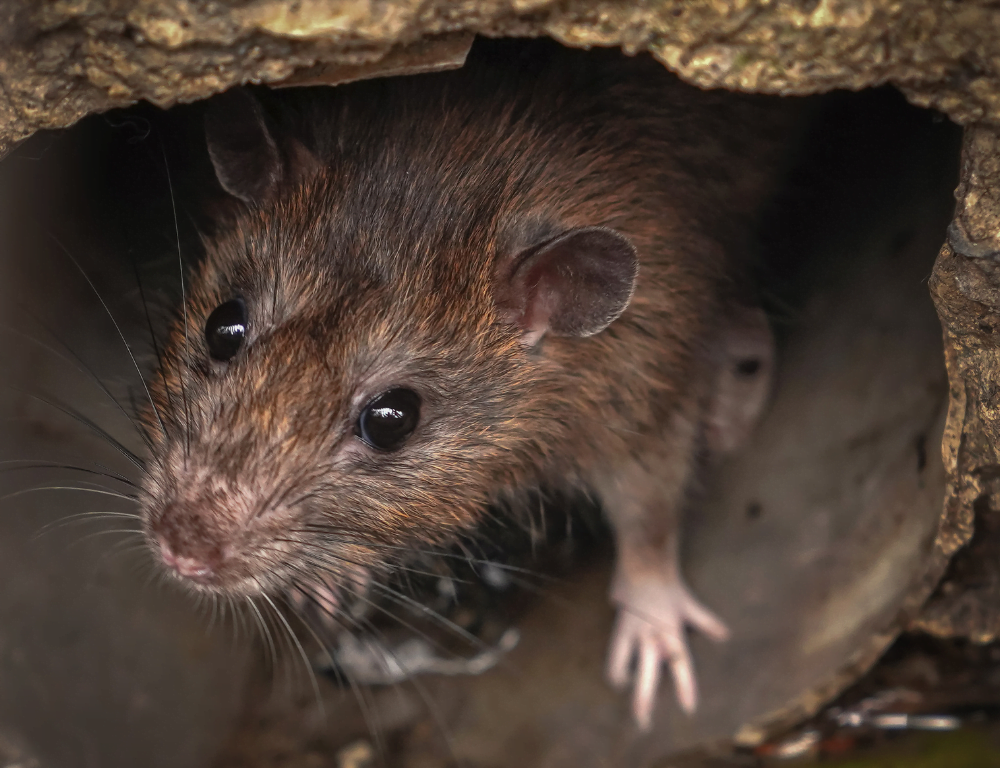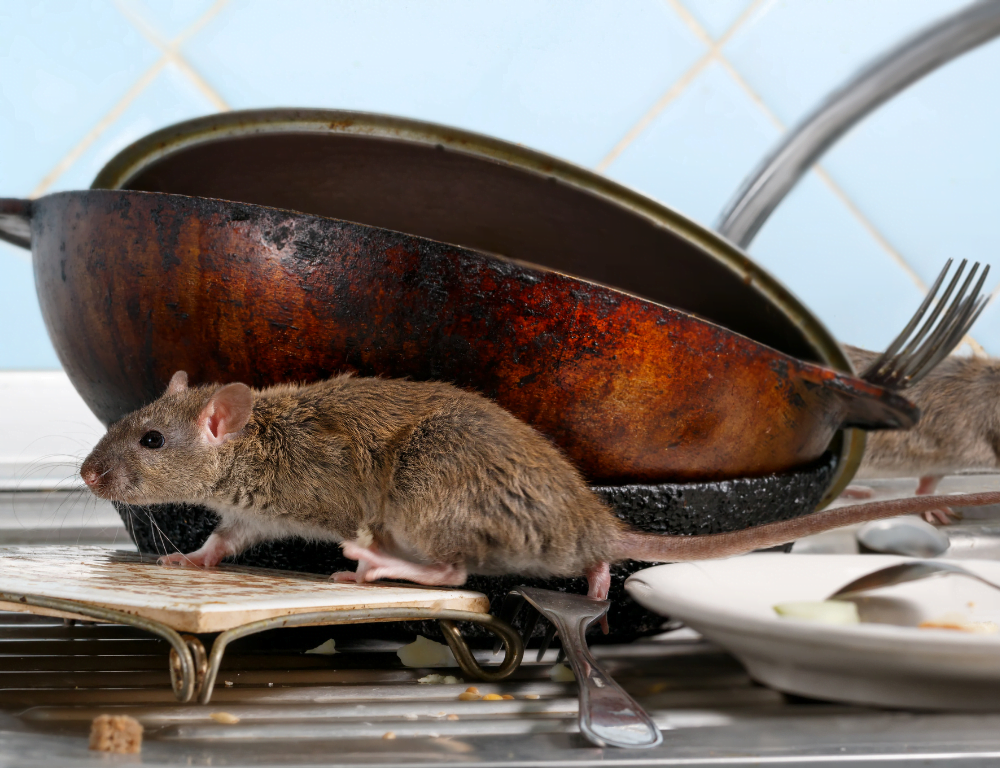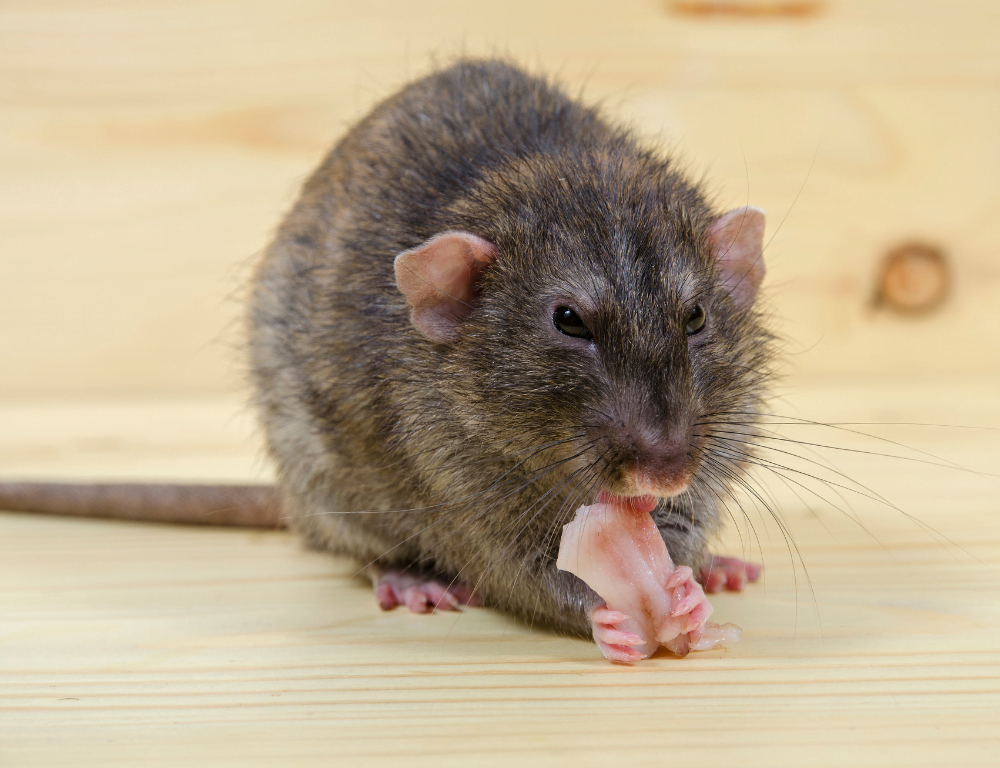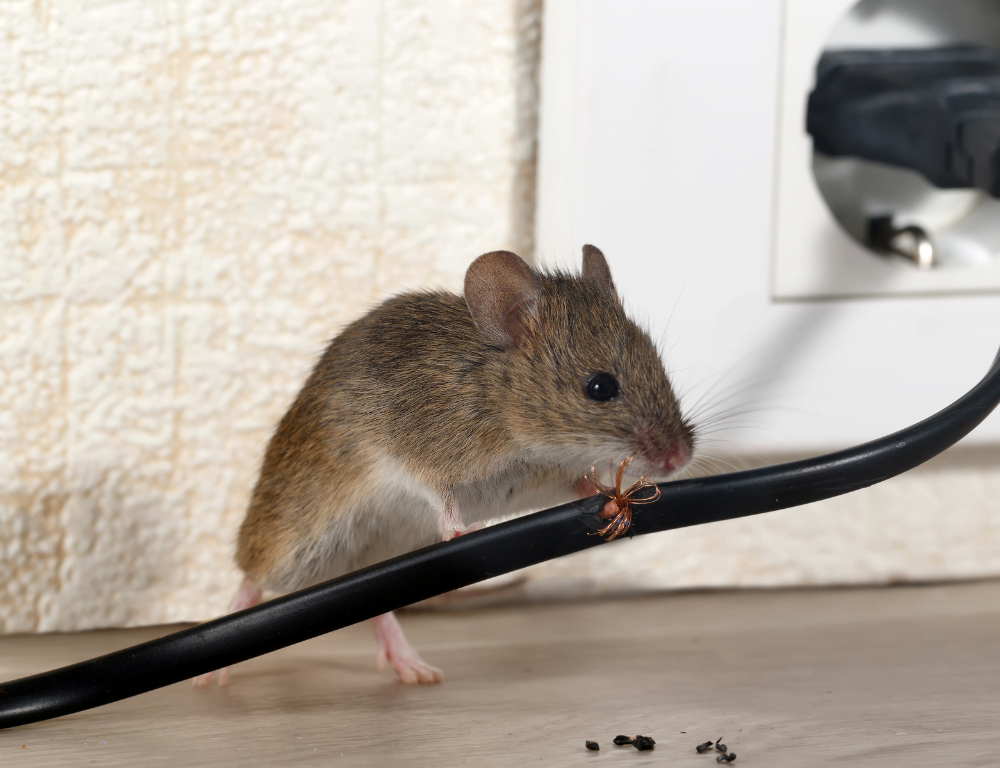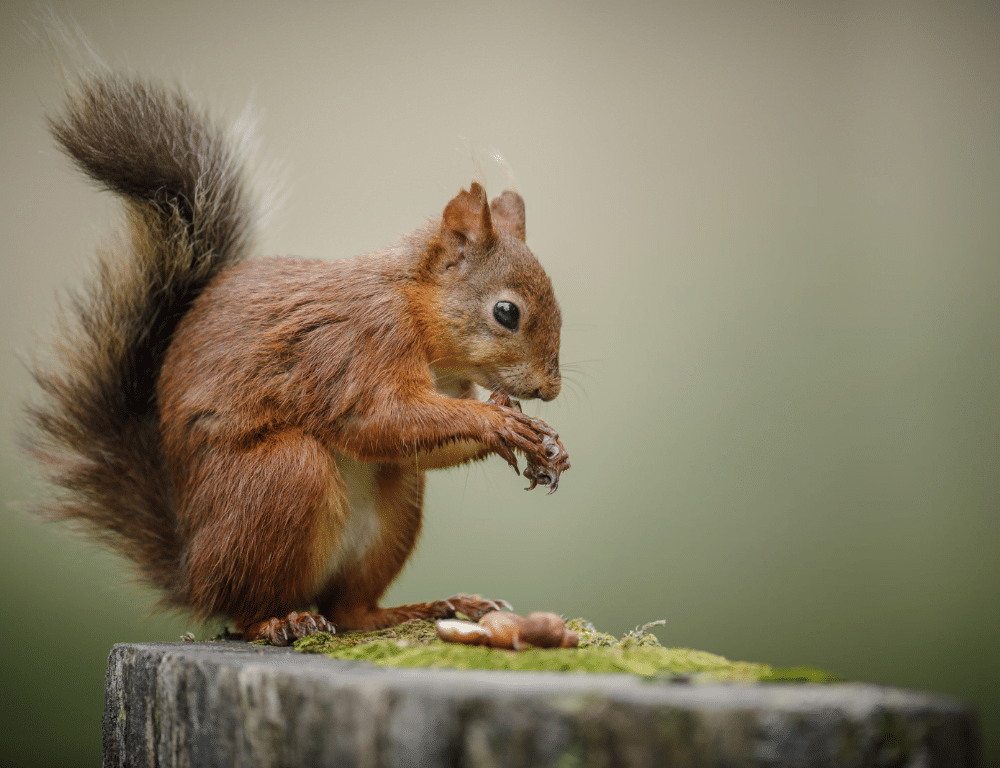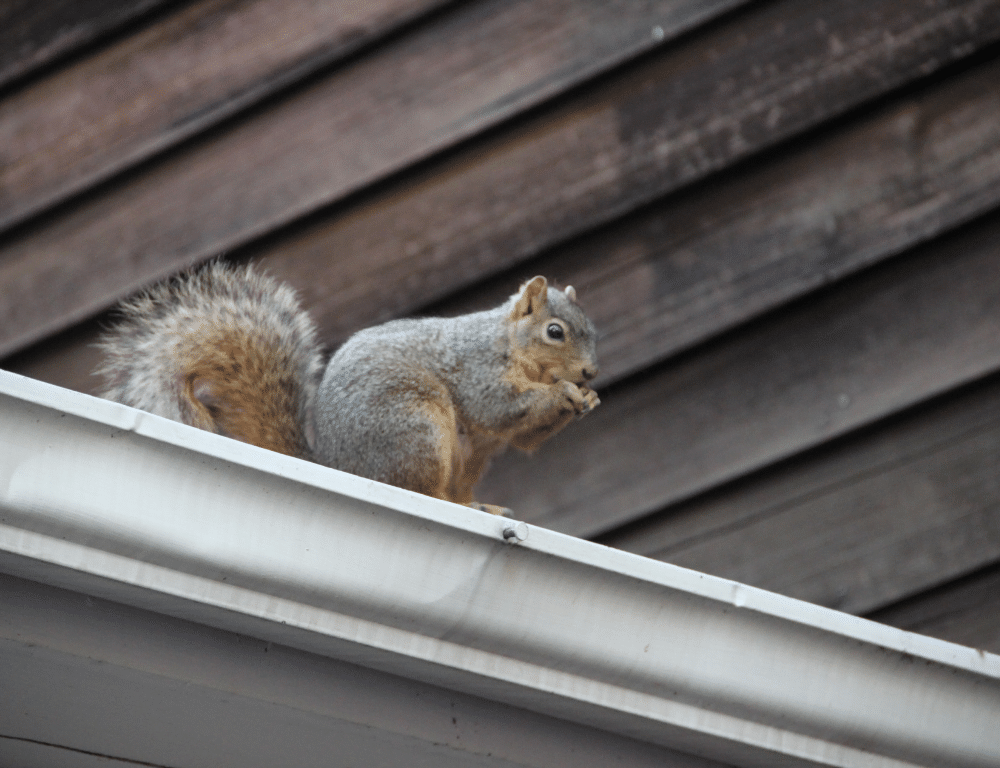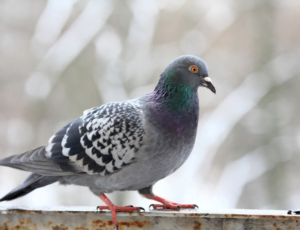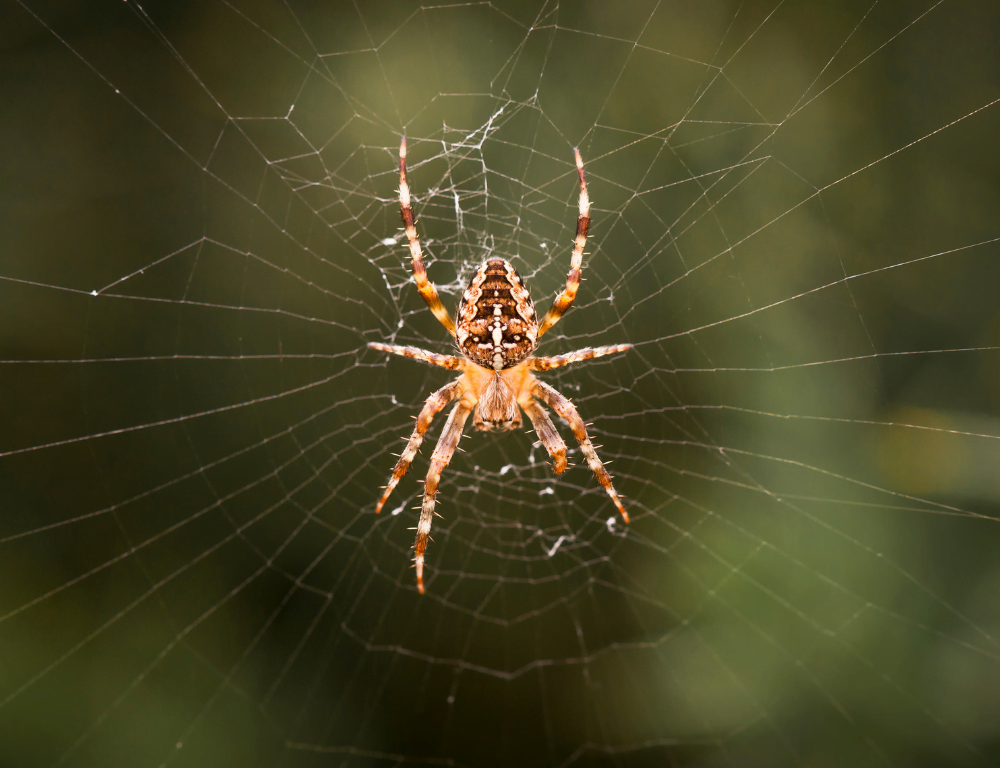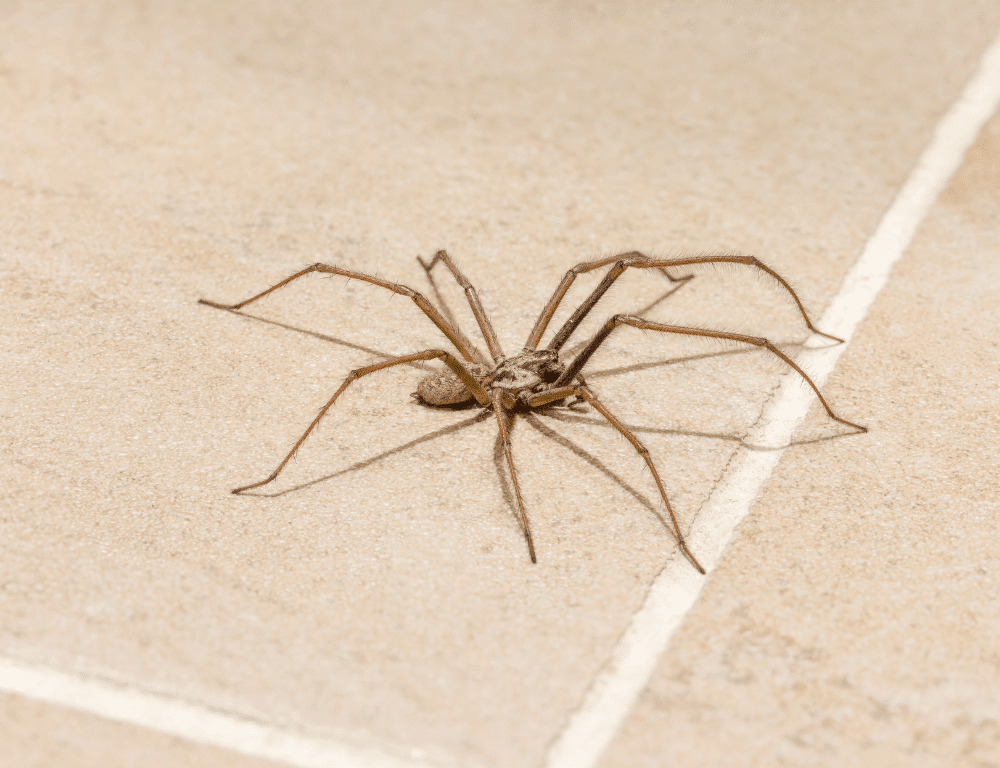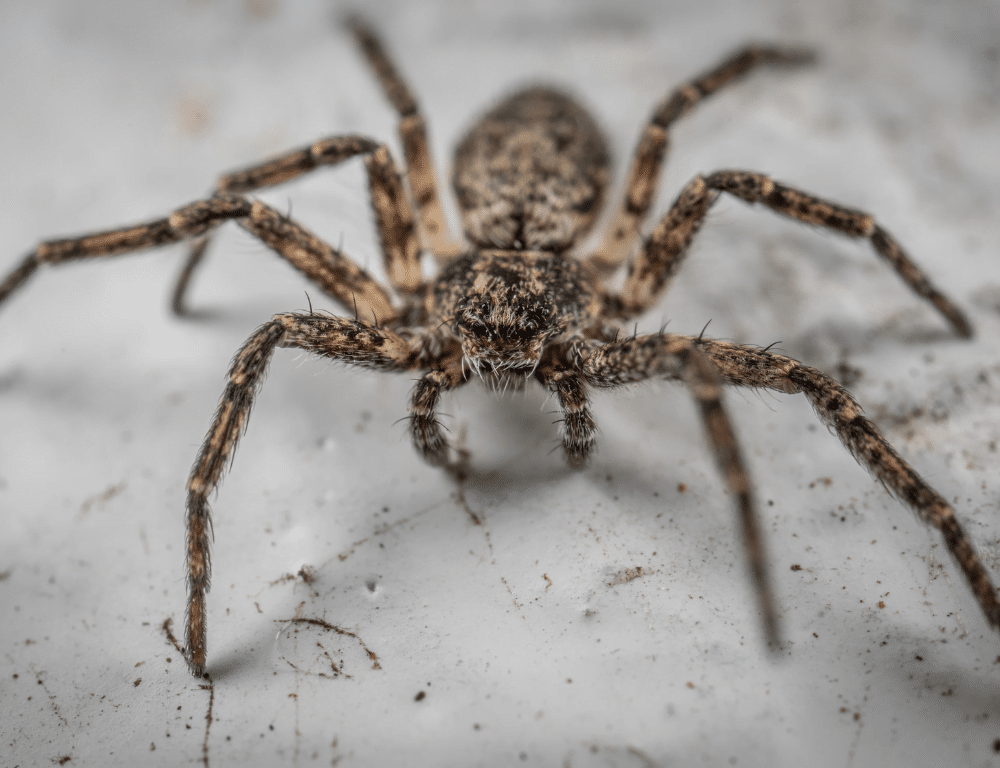Top-notch, trustworthy, and affordable
Pest Control Services in London.
Free Quote
SARTING PRICE FROM £74.99
Our Services
- Bed_BugsCockroachesFleasAntsMothWaspsMosquitoesSilverfish
Bed Bugs
Bed bugs are small, nocturnal parasites that primarily feed on human blood, causing itchy bites and discomfort. These pests, known as bed bugs, can infest homes, hotels, and various other spaces, often thriving in cluttered environments. Their bites may lead to skin rashes and secondary infections if scratched excessively. Bed bug infestations can be challenging to eliminate without professional intervention, making it essential to seek help from a pest control company like City Shield for effective bed bug control and prevention measures.Read Bed Bugs FAQ'sBed Bugs FAQ's
BackWhat are the common signs of a bed bug infestation?
Bed Bugs often leave behind small bites on the skin, rusty or reddish stains on sheets, and a musty smell. You might also notice eggshells, shed skins, and live insects in bedding, furniture crevices, and baseboards.
How do bed bugs spread from one place to another?
Bed Bugs can easily hitchhike on clothing, luggage, furniture, and other personal belongings, enabling them to move between homes, hotels, and various locations.
Can I get rid of bed bugs on my own, or should I hire a professional technician from City Shield Pest Control?
While DIY methods can help in some cases, bed bug infestations are often challenging to eliminate without professional assistance. A pest control company like City Shield specializes in effective bed bug treatment and eradication.
How long does it take to get rid of bed bugs completely?
The timeframe for bed bug elimination depends on the severity of the infestation and the treatment method used. It may take several weeks or even months to completely eradicate bed bugs from your home.
Can bed bugs return after treatment?
If proper precautions are not taken during and after treatment, bed bugs can re-infest the area. It is crucial to work with a professional pest control company like City Shield for complete eradication for bed bugs.
How can I prevent bed bugs from entering my home or business?
To prevent bed bugs, regularly inspect second-hand furniture and belongings, maintain cleanliness, use protective covers on mattresses and box springs, and be cautious when traveling to avoid bringing bed bugs home. City Shield can also provide guidance on prevention strategies.
Cockroaches
Cockroaches are common pests that can invade homes, posing health risks due to their ability to carry pathogens like Salmonella and E. coli. They spread diseases by contaminating food and surfaces. These insects can enter homes through various entry points and thrive in unclean environments. Infestations can lead to allergic reactions and an unpleasant odor. To prevent and control cockroach issues, a combination of professional pest control treatments, sanitation, and exclusion techniques is recommended.Read Cockroaches FAQ'sCockroaches FAQ's
BackWhat are the most common species of cockroaches that invade homes?
The German cockroach, American cockroach, and Brown-banded cockroach are the most common species found in homes.
How do cockroaches enter homes, and how can I prevent them from entering?
Cockroaches can enter homes through open doors, windows, drains, and utility lines. Prevention methods include sealing entry points, maintaining cleanliness, and proper waste management.
Are cockroaches dangerous to human health, and how do they spread diseases?
Yes, cockroaches can be hazardous to health as they carry pathogens like Salmonella and E. coli on their bodies. They spread diseases by contaminating food and surfaces.
How do I identify a cockroach infestation in my home?
Signs of an infestation include sightings of live or dead cockroaches, egg cases, and droppings. You may also notice an unpleasant odor and increased allergic reactions.
How long does it take to eliminate a cockroach infestation?
The duration depends on the severity of the infestation and the treatment plan. A combination of professional treatments and ongoing maintenance can help achieve long-term results.
How can I maintain a cockroach-free environment after treatment?
Regular cleaning, proper waste management, and sealing potential entry points can help maintain a cockroach-free environment. Scheduling periodic pest control inspections is also advisable.
Fleas
Fleas are small, wingless insects that primarily infest domestic animals like cats, dogs, and other pets. They can cause significant discomfort to pets through bites and may lead to skin irritations or allergies. Fleas can also pose a threat to humans, causing itchy bites. In homes, flea infestations can be challenging to eliminate, as they lay eggs in carpets, bedding, and other soft furnishings. These eggs hatch into larvae and develop into adult fleas, creating a continuous cycle. Flea infestations can lead to an unhygienic environment and may even spread diseases in some cases.Read Fleas FAQ'sFleas FAQ's
BackWhat are the common signs of a flea infestation in my home?
Flea infestations can be identified by observing itchy bites on pets or family members, seeing small black specks (flea dirt or feces) in pet bedding or carpets, and noticing fleas jumping around in shaded, humid areas.
Can fleas infest human beings?
While not as common as pet infestations, fleas can infest humans, causing itchy bites and discomfort. Proper measures by City Shield Pest Control can help eliminate fleas from both pets and people.
Are there any DIY methods to control flea infestations?
Yes, some homeowners try DIY methods like vacuuming, washing bedding, and using over-the-counter flea treatments. However, a professional from City Shield Pest Control is often more effective and provides long-term solutions.
How do flea life cycles affect treatment strategies?
Understanding the flea life cycle is crucial. It consists of eggs, larvae, pupae, and adults. Treatments must target all stages to ensure complete eradication, as some methods only affect specific life stages.
How long does it take to eliminate a flea infestation?
The duration depends on the severity of the infestation and the treatment method.
Ants
Ants are social insects found worldwide, including the UK. Common types in the UK are black garden ants, red ants (also known as wood ants), and pharaoh ants. These ants can invade homes in search of food and shelter. They can cause damage to structures and pose a nuisance to homeowners. To prevent ants in homes, maintain cleanliness, seal entry points, and use ant-specific repellents or traps if necessary.Read Ants FAQ'sAnts FAQ's
BackWhat are the main differences between black garden ants, red ants (wood ants), and pharaoh ants?
Black garden ants are common in the UK and live in gardens, while red ants, also known as wood ants, build large nests in trees and woodland areas. Pharaoh ants are smaller and typically found indoors.
How do black garden ants behave in the UK?
Black garden ants are generally harmless and play a vital role in the ecosystem. They forage for food and can be seen in gardens, parks, and sometimes homes.
What is the typical habitat for red ants (wood ants) in the UK?
Wood ants prefer woodland environments and can be found in trees, creating large, complex nests. They are not as common as black garden ants in the UK.
Are pharaoh ants a common problem in the UK?
Pharaoh ants are less common than black garden ants, but they can still be a nuisance in the UK, particularly in residential and commercial buildings.
How do I identify a black garden ant?
Black garden ants are typically 3-6mm long, with a dark brown to black body. They have a narrow waist and bent antennae.
What are the signs of a red ant (wood ant) infestation?
Red ants build large, dome-shaped nests in trees or wooded areas. They are usually visible during summer months, foraging for food.
Can pharaoh ants pose health risks to humans?
Yes, pharaoh ants can contaminate food and spread bacteria, posing health risks. They are particularly attracted to sweet and greasy substances.
How can I get rid of pharaoh ants in my home?
Professional pest control services provided by City Shield Pest Control can help eradicating pharaoh ants.
Moth
Moths are small insects found in the UK, known for their wings covered in hair-like scales. Common types include the clothes moth, pantry moth, and the case-bearing moth. These moths can cause damage to homes by feeding on natural fibers in clothes, carpets, and textiles, as well as contaminating food in pantries. To prevent moth infestations, proper storage of clothes and food, vacuuming, and using moth repellents can be helpful.Read Moth FAQ'sMoth FAQ's
BackWhat are the most common types of moths found in the UK?
The most common moth species in the UK include the Case-bearing Clothes Moth, the Common Clothes Moth, and the White Shouldered House Moth.
Can moths damage furniture and other household items?
Yes, moths can cause significant damage to furniture, curtains, carpets, and other textiles by consuming the natural fibers and leaving behind debris and holes.
What are some signs of a moth infestation?
Signs of a moth infestation include small holes in clothing, larvae webbing, tiny eggs, and the presence of adult moths. You may also notice a musty odor.
What is the best way to get rid of moths in my home?
A combination of proper sanitation, storage, and a professional from City Shield Pest Control can effectively eliminate moths from your home.
Are moths dangerous to humans and pets?
Moths themselves are generally harmless to humans and pets. However, they can cause significant damage to property and pose health risks due to the bacteria they carry.
Can moths fly?
Yes, most moth species can fly. They are usually active during the night and are attracted to light sources.
How long does it take to completely eradicate a moth infestation?
The time required to eliminate a moth infestation depends on its severity and the type of treatment used. Professional from City Shield Pest Control can provide faster and more effective results compared to DIY methods.
Wasps
Wasps are flying insects known for their narrow waists, two pairs of wings, and a stinging ability. Common types include yellowjackets, paper wasps, and hornets. They can cause issues in homes by building nests, which may be found in walls, attics, or other hidden areas. Their presence can be a nuisance and pose a risk for stings, particularly for those allergic to their venom.Read Wasps FAQ'sWasps FAQ's
BackWhat are the most common types of wasps we encounter?
The most common wasps include yellowjackets, hornets, and paper wasps.
Are wasps dangerous to have around, especially for those with allergies?
Yes, wasps can be dangerous, particularly for those allergic to their stings. Their stings can cause severe reactions in sensitive individuals.
How do we prevent wasps from nesting around our property?
Seal entry points, keep garbage cans closed, avoid using strong-smelling perfumes and deodorants, and maintain clean surroundings to discourage wasps.
Can we remove wasp nests ourselves, or should we call a professional?
It’s generally safer to call us, as in City Shield, we’ve got a professional techs that can help removing the nest leaving no damage behind to your property, as DIY methods can be dangerous and ineffective.
What methods do City Shield Control Professionals use to eliminate wasp infestations?
Our professional technicians use targeted insecticides, wasp traps, and nest removal techniques to eradicate wasp infestations.
How long does it take to get rid of a wasp infestation?
The duration depends on the severity of the infestation and the treatment method used. Typically, it takes a day or more to fully eliminate wasps.
Can we prevent future wasp infestations after the current one is treated?
Yes, by implementing proper prevention measures like sealing entry points and maintaining clean surroundings, you can reduce the likelihood of future wasp infestations.
Mosquitoes
Mosquitoes are small flying insects known for their irritating bites. They belong to the Culicidae family, with over 3,500 species worldwide. Common types include Aedes, Anopheles, and Culex mosquitoes. These pests can cause significant problems in homes, as they breed in stagnant water, leading to property damage and spreading diseases like dengue, malaria, and Zika virus. To prevent mosquito infestation, maintain clean surroundings, eliminate standing water sources, and use insect repellents or mosquito nets.Read Mosquitoes FAQ'sMosquitoes FAQ's
BackDo all mosquitoes bite humans?
Yes. They bite humans and animals.
How do mosquitoes bite humans?
Female mosquitoes have a long, thin mouthpart called a proboscis, which they use to pierce the skin and extract blood for reproduction.
How long can mosquitoes live?
Depending on the species, mosquitoes can live between two weeks to a month, with some species surviving up to six months in warmer climates.
How do mosquitoes reproduce?
Female mosquitoes lay their eggs in water, which hatch into larvae. These larvae develop into pupae and eventually emerge as adult mosquitoes.
How can I get rid of mosquitoes in my property?
At City Shield we’ve got professional technicians that can provide targeted treatments to eliminate mosquitoes and their breeding sites, using specialized equipment and effective chemicals. We can also offer an advice on the long-term prevention and control measures.
Silverfish
Silverfish are small, wingless insects known for their fish-like movement. They are typically silver or grey in color and can grow up to 13mm in length. Common types include the common silverfish, the firebrat, and the lessor silverfish. These creatures can cause damage to homes by feeding on carbohydrate-rich materials like paper, glue, book bindings, wallpaper, and even clothes made of cotton or linen. They can also contaminate food products with their feces. To prevent silverfish infestations, maintain cleanliness, fix water leaks, and store food and important documents in airtight containers.Read Silverfish FAQ'sSilverfish FAQ's
BackHow do I identify a silverfish infestation in my home?
A silverfish infestation can be identified by spotting their small, wingless, teardrop-shaped bodies with silvery-blue scales. They are often found in damp, humid areas like bathrooms, kitchens, and basements.
What role does the breeding cycle play in silverfish infestations?
Silverfish have a relatively short breeding cycle, with females laying up to 50 eggs at a time. These eggs hatch within 19 to 47 days, leading to a rapid increase in population if left unchecked.
How does City Shield Pest Control handle silverfish infestation?
At City Shield Pest Control, Our Professional technicians use targeted treatments like insecticides, gel baits, or desiccants to eliminate silverfish populations and prevent future infestations. We may also provide advice on sanitation and humidity control to reduce conducive conditions.
How can I prevent silverfish from invading my property?
To prevent silverfish infestations, maintain a clean environment, reduce humidity levels, and store food in airtight containers. Seal any entry points and regularly inspect items brought into your home for signs of infestation.
- RatsMouseSquirrels
Rats
Rats are small rodents that can invade homes, causing damage and spreading diseases. They can gnaw on wires, wood, and other materials, leading to structural issues and fire hazards. Rats also carry pathogens like Salmonella and Hantavirus, posing health risks to humans.Read Rats FAQ'sRats FAQ's
BackHow do rats differ from mice in terms of size and behavior?
Rats are generally larger than mice, with adult rats measuring around 7-9 inches in length, while mice are typically 3-4 inches long. Rats are also more aggressive and can cause more damage to property due to their larger size.
Are rats more destructive than mice in terms of property damage?
Yes, rats can cause more significant damage due to their larger size, gnawing habits, and potential to spread diseases.
How do rats and mice compare in terms of intelligence and adaptability?
Both rats and mice are highly intelligent and adaptable creatures, but rats are generally considered to be more cunning and resourceful in finding ways to enter homes and avoid traps.
How do rats and mice transmit diseases, and are their methods of transmission different?
Both rats and mice can transmit diseases through direct contact, contaminated food, and fecal matter. However, rats are known carriers of leptospirosis, while mice are associated with hantavirus transmission.
What is the best time to address a rat problem?
It’s crucial to act promptly when you suspect a rat infestation, as their population can grow rapidly and cause more significant damage.
How long does it take to eliminate a rat infestation?
Typically, it can take several weeks to months to fully resolve the issue.
How can I prevent future rat infestations in my property?
Regularly inspect your property for potential entry points, maintain cleanliness, properly store food, and consider hiring a professional from City Shield Pest Control services for ongoing prevention.
Mouse
Mice are small rodents that can infiltrate homes in search of food, shelter, and warmth. They can cause damage by gnawing on materials, contaminate food, and spread diseases. To prevent mice infestations, secure entry points, maintain cleanliness, and use deterrents like traps or repellents.Read Mouse FAQ'sMouse FAQ's
BackHow do I identify if I have a mouse infestation in my home?
Look for signs like droppings, gnaw marks, and unusual smells. Mice are nocturnal, so you might hear scurrying sounds at night.
What attracts mouse to my property?
Mouse are drawn to food sources, shelter, and warmth. Cluttered spaces, unsealed food packages, and easy access to your home can all be inviting factors.
Can mouse chew through walls and electrical wiring?
Yes, Mouse have sharp teeth that allow them to chew through various materials, including walls and electrical wiring, posing a fire hazard.
How long do mouse live?
Around a year and a half.
Do mouse bite?
Yes. Yet, it’s rarely to happen.
How much does it cost for a Rodents Control treatment to your property?
To provide an accurate price for your pest issue, Our professional from City Shield Pest Control must assess several factors, such as the property’s size, infestation source, and extent. They identify the pest species and recommend tailored treatments to resolve the problem. Additionally, they offer guidance to prevent future infestations, considering aspects like bin placement and food storage.
Squirrels
Squirrels are small, furry animals known for their bushy tails and agility. They can cause damage to homes by gnawing on wood, entering attics for shelter, and potentially spreading diseases. To prevent squirrel issues, secure entry points, use deterrents, and maintain clean surroundings.Read Squirrels FAQ'sSquirrels FAQ's
BackHow many types of squirrels are there in the UK?
There are currently three recognized species of squirrels in the United Kingdom. These are the native Red Squirrel (Sciurus vulgaris), the Grey Squirrel (Sciurus carolinensis), which was introduced from North America, and the Eastern Grey Squirrel (Sciurus griseus), another North American species that has been introduced.
How can I identify if I have a squirrel problem in my home or garden?
Look for signs such as chewed wires, damaged plants, or droppings. Squirrels may also create nests in attics or walls.
When do squirrels typically breed?
Squirrels breed in late winter or early spring, usually between January and March.
What are the risks associated with squirrel infestations?
Squirrels can cause property damage and spread diseases.
Can squirrels cause electrical hazards?
Yes, squirrels can chew through electrical wires, leading to potential fires and power outages.
How do I know if a squirrel has made its nest in my home?
Listen for scurrying noises in walls or attics, and look for signs of nesting materials like leaves, twigs, and fur.
How do I know if a squirrel has made its nest in my home?
The number of visits we provide to eradicate squirrels from a residential property can change based on factors like infestation severity, species, property size, and strategies used. Generally, it might take 2 to 4 visits, with the first one for inspection, identifying entry points, and setting up traps or devices. Follow-up visits are for monitoring, removing squirrels, and sealing entry points. Consult with our professional customer care advisor for a precise estimate tailored to your situation.
- SpidersFoxes
Spiders
In the UK, around 650 of the global 50,000 spider species are found. While most spiders have a positive impact on the environment, many people experience Arachnophobia, a severe fear leading to emotional distress and physical symptoms upon encountering spiders. The majority of UK spiders are harmless and not classified as pests, though some may infrequently bite with minimal consequences. Spiders prefer inhabiting warm, dark, narrow spaces indoors or outdoor locations like gardens and near exterior lighting. Their webs often cause the main annoyance.Read Spiders FAQ'sSpiders FAQ's
BackHow do City Shield Pest Control specifically address the issue of Spiders in residential areas?
In City Shield we often use targeted treatments to manage Spiders, which may involve applying insecticides in and around homes, sealing entry points, and implementing preventive measures.
Can City Shield Pest Control local team eliminate all spiders during a single treatment?
Complete eradication of Spiders in a single treatment is unlikely due to their rapid reproduction rates and ability to re-infest treated areas. Most likely 2 visits would have a long-term resolution for Spider control.
How often do pest control companies in the UK recommend Spider treatments for homes and businesses?
Pest Control companies in the UK may recommend quarterly, bi-annual, or annual treatments to maintain a spider-free environment.
Foxes
Foxes, Vulpes species, are adaptable omnivorous mammals in the Canidae family, known for reddish-brown fur, pointed faces, and bushy tails. They can impact human homes, gardens, and living areas in various ways, such as garden damage, rubbish raids, nesting, predation, and noise disturbance. To minimize issues, secure bins, use fox-proof fencing, and keep pet food indoors. Foxes generally don't pose a threat to humans and can coexist peacefully in urban environments with proper space and respect.Read Foxes FAQ'sFoxes FAQ's
BackHow to identify fox damage?
Look for disturbed soil, uprooted plants, damaged compost, and fox droppings.
Preventive measures for foxes?
Secure waste disposal, remove nesting sites, install fencing, and control pet food.
Natural ways to repel foxes?
Ammonia, ultrasonic devices, motion lights, or plant deterrents like garlic, hot pepper, or lavender.
When to call a professional?
For aggressive foxes, significant threats, or inability to resolve the issue with preventive measures.
How do City Shield Pest Control handle foxes?
Humane and legal methods like one-way doors, live traps, or exclusion techniques.
About Us
We’re an experienced pest control company that offers high-quality services, safeguarding homes, and businesses. Technicians with 5+ years specialize in tackling pest challenges using advanced tools and minimal disruption. Dedicated to excellence, customer satisfaction, and addressing local pest issues. Trust us for Bed Bugs, Rodents, and other pest protection across London.
Why City Shield Pest Control?
City Shield Pest Control FAQs
Do you provide a warranty?
Yes, for all pest services we provide.
What are your working hours?
We work Monday to Friday From 8:00 AM to 5:00 PM.
What types of pests do you treat?
We handle a wide range of pests, including bed bugs, ants, cockroaches, spiders, rodents, mosquitoes, and more. Customized solutions are available based on your specific needs.
Does your inspection cost money?
Our inspection is complimentary if we proceed with treatment; otherwise, it’s chargeable.
Do you provide an emergency call-out?
Yes, we offer an emergency call-out service with possible extra charges.
How much do your pest control services cost?
Pricing depends on factors such as the size of your property, the severity of the infestation, and the type of pests. We provide free inspections in case of conducting treatment for your property and customized quotes to help you understand the costs before committing to any service.
How do I prepare for a pest control treatment?
Please remove food items from counters and cabinets, secure pet food, and clear walkways to allow technicians easy access to treatment areas.
Do I need to be home during the pest control treatment?
It depends on the treatment type and the extent of the infestation. Our technicians and Customer Care team will discuss this with you before scheduling the appointment.
How long does it take for pest control treatments to be effective?
Most treatments show results within a few days, but some pests may require multiple treatments for complete eradication. Our technicians will monitor and adjust the treatment plan as needed.

